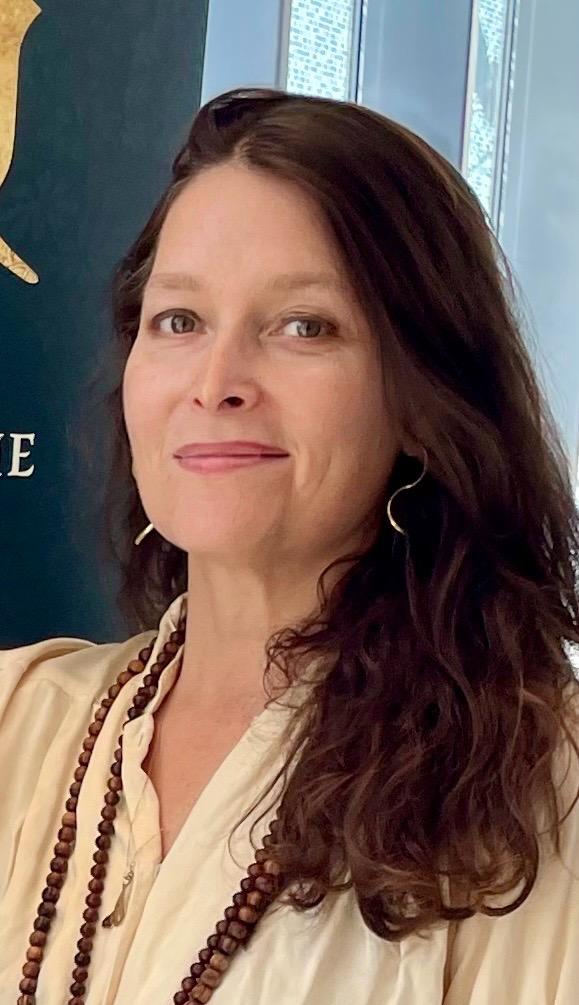An agrarian geography lens helps clarify the ecological, social, experiential, cosmological, and even political-economic dimensions of what is framed as geopolitical. Overturning the nation-state as dominant scale of reference as well as the neoliberal hierarchy of ‘global’ over ‘local,’ agrarian geography grounds analysis in place-based knowledge, land-based life, social reproductive realms, embedded economics, and sovereignty. As such, it opens space for engaged agricultural policy co-analysis. Drawing on my research since graduating UK Geography, this presentation surveys key examples of how agrarian geography comprises geopolitics—from the seedkeeping tensions that led to and now fr acture both the International Treaty on Plant Genetic Resources for Food & Agriculture and the World Trade Organization Agreement on Agriculture to the grassroots coalitions that drafted and achieved the UN Declarations on the Rights of Peasants & Others Working in Rural Areas. The US Farm Bill began from farm justice movement demands for agricultural parity, just as the Indian farmers uprisings to protect minimum support prices cracked India’s BJP hegemony. An agrarian geography lens elucidates the land-based resistance at the heart of Cold War geopolitics, as well as of course the Haitian, Mexican, and anticolonial revolutions. It unmasks the current genocidal war on Palestine for the land grab it is. The rise of authoritarian ethnonationalism requires critical agrarian geographic analysis. Across Turtle Island, to counter colonialist, white supremacist connotations of ‘agrarian,’ abolitionist orientation is needed—from bell hooks' work to tracing the Kentucky River's Afro-Caribbean legacies. Accordingly, abolitionist agrarian geographies help cultivate emancipatory inter-agricultural relations, diálogo de saberes, and thus agricultural policy co-analysis.
acture both the International Treaty on Plant Genetic Resources for Food & Agriculture and the World Trade Organization Agreement on Agriculture to the grassroots coalitions that drafted and achieved the UN Declarations on the Rights of Peasants & Others Working in Rural Areas. The US Farm Bill began from farm justice movement demands for agricultural parity, just as the Indian farmers uprisings to protect minimum support prices cracked India’s BJP hegemony. An agrarian geography lens elucidates the land-based resistance at the heart of Cold War geopolitics, as well as of course the Haitian, Mexican, and anticolonial revolutions. It unmasks the current genocidal war on Palestine for the land grab it is. The rise of authoritarian ethnonationalism requires critical agrarian geographic analysis. Across Turtle Island, to counter colonialist, white supremacist connotations of ‘agrarian,’ abolitionist orientation is needed—from bell hooks' work to tracing the Kentucky River's Afro-Caribbean legacies. Accordingly, abolitionist agrarian geographies help cultivate emancipatory inter-agricultural relations, diálogo de saberes, and thus agricultural policy co-analysis.
Born and raised in an agricultural community in Kentucky only beginning to reckon with its history of settler colonialism and slavery, Garrett Graddy-Lovelace now researches and teaches agricultural policy and agrarian geography as Provost Associate Professor of Environment, Development & Health Department at American University School of International Service (DC/Piscataway lands), where she co-founded the Ethnographies of Empire Research Cluster. Drawing on community-based scholarship, she also co-founded UK's Political Ecology Working Group, the Disparity to Parity project, the Agroecology Research-Action Collective, and the Pointing the Farm Bill toward Racial Justice initiative. She has a Masters of Theological Studies from Harvard Divinity School and is a proud 2011 alum of University of Kentucky’s Geography PhD Program.
Geopolitics As Agrarian Geography: Notes for Agricultural Policy Co-Analysis
Date:
-
Location:
Chemistry Physics Building Room 222
Speaker(s) / Presenter(s):
Garrett Graddy-Lovelace, Provost Associate Professor, Dept of Environment, Development and Health, American University
